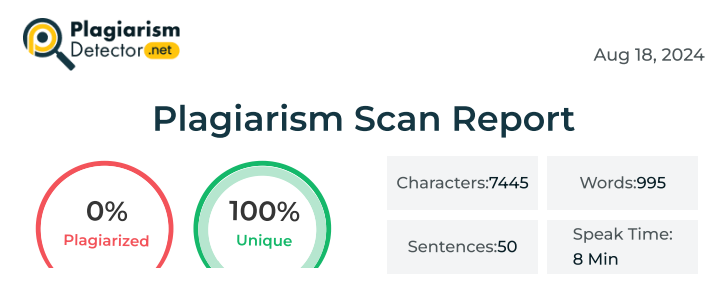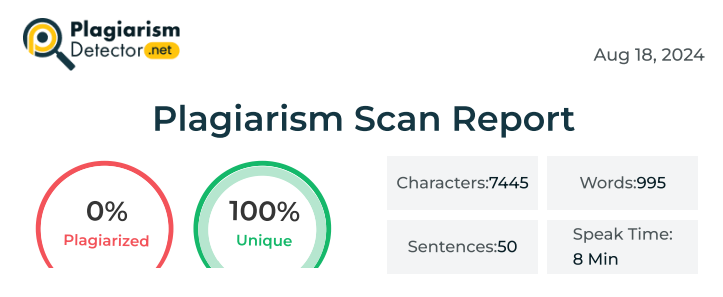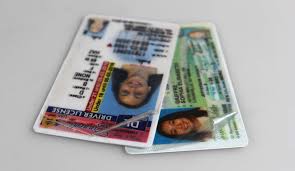Products Description
The Economic Advantages of Scannable Driver's Licenses in the U.S.
Introduction
Scannable driver's licenses, equipped with barcodes or magnetic strips, have become increasingly prevalent in the United States. These licenses are designed to be easily read by electronic systems, facilitating a range of functions from verifying identity to streamlining transactions. The integration of this technology offers numerous economic benefits, which can be categorized into operational efficiency, cost reduction, improved security, and enhanced customer experience.
Operational Efficiency
1. Streamlined Verification Processes
Scannable driver's licenses expedite verification processes in various sectors, including banking, retail, and transportation. For instance, when opening a new bank account or making significant transactions, the ability to quickly scan and validate an ID reduces the time required for manual verification. This efficiency not only speeds up customer service but also reduces the workload on employees, allowing them to focus on other tasks.
2. Automation and Data Accuracy
By leveraging scannable technology, businesses can automate many of their identity verification processes. Automated systems reduce human error, ensuring that data entry is accurate and up-to-date. This is particularly beneficial in sectors where precise data management is crucial, such as healthcare and finance. Accurate data minimizes the risk of errors that could lead to financial losses or legal issues.
3. Efficient Law Enforcement and Regulatory Compliance
For law enforcement agencies, scannable driver's licenses facilitate quicker and more accurate checks during traffic stops and other interactions. This efficiency not only aids in maintaining public safety but also reduces the administrative burden on officers. Additionally, it helps in ensuring compliance with regulations by providing a reliable method for verifying the authenticity of licenses.
Cost Reduction
1. Reduced Administrative Costs
The adoption of scannable driver's licenses can lead to significant cost savings for organizations. Traditional manual verification processes often require extensive paperwork and labor, which can be costly. By switching to scannable technology, organizations can reduce these administrative costs. For example, businesses that process large volumes of transactions or identity verifications can benefit from lower staffing costs and reduced need for physical document storage.
2. Decreased Fraudulent Transactions
Fraudulent activities, such as identity theft or unauthorized access, can result in substantial financial losses. Scannable driver's licenses, which often incorporate advanced security features, help in reducing fraud. The ability to quickly verify the authenticity of a license prevents fraudulent transactions and mitigates the associated costs of addressing and rectifying fraudulent activities.
3. Lower Operational Costs for Government Agencies
Government agencies involved in issuing and managing driver's licenses can also experience cost savings. Scannable licenses streamline the process of license renewal and verification, reducing the need for manual processing and paperwork. This efficiency lowers operational costs and allows agencies to allocate resources more effectively.
Improved Security
1. Enhanced Fraud Prevention
Scannable driver's licenses often include advanced security features, such as encrypted data and digital signatures. These features make it more difficult for counterfeit licenses to be produced or used fraudulently. Enhanced security not only protects individuals but also reduces the financial impact of fraud on businesses and government agencies.
2. Accurate Record Keeping
Accurate and secure record-keeping is essential for various economic activities, from financial transactions to legal compliance. Scannable licenses help ensure that records are precise and reliable. This accuracy reduces the risk of disputes and errors, which can lead to costly legal and administrative challenges.
3. Faster Response to Security Threats
In the event of a security breach or suspicious activity, scannable licenses provide a quick means of verifying identity. This rapid response capability helps in addressing potential threats more effectively, minimizing the impact of security incidents on economic activities and public trust.
Enhanced Customer Experience
1. Faster Transactions
Consumers increasingly expect fast and efficient service. Scannable driver's licenses facilitate quicker transactions, whether at a retail checkout, during a bank visit, or when renting a car. Faster service enhances customer satisfaction and can lead to increased business, as satisfied customers are more likely to return and recommend services to others.
2. Convenience and Accessibility
Scannable licenses offer greater convenience for users, reducing the need to carry multiple forms of identification or manually provide information. This convenience can be particularly beneficial for individuals who frequently engage in activities requiring ID verification, such as travelers or those with multiple accounts and memberships.
3. Improved User Interaction
The integration of scannable technology can enhance the overall user experience by making interactions smoother and more seamless. Businesses that adopt this technology often see improved customer interactions, as users appreciate the efficiency and ease of using scannable IDs.
Economic Implications
1. Increased Business Efficiency
The adoption of scannable driver's licenses can lead to broader economic benefits by increasing overall business efficiency. With streamlined processes and reduced administrative burdens, businesses can operate more effectively, potentially leading to increased profitability and growth.
2. Competitive Advantage
For businesses and organizations, adopting scannable driver's licenses can provide a competitive edge. The ability to offer faster and more reliable service can attract customers and clients, giving companies an advantage in competitive markets.
3. Innovation and Technological Advancement
The use of scannable driver's licenses represents a broader trend toward digital innovation and technological advancement. Embracing such technologies can drive further innovation and investment in related fields, contributing to economic growth and development.
Conclusion
The integration of scannable driver's licenses in the U.S. offers numerous economic advantages, including operational efficiency, cost reduction, improved security, and enhanced customer experience. By streamlining verification processes, reducing administrative costs, and enhancing security measures, scannable licenses contribute to more efficient and cost-effective operations across various sectors. Furthermore, the positive impact on customer experience and business competitiveness highlights the broader economic benefits of adopting this technology.
In summary, scannable driver's licenses such as Alabama Fake ID, Indiana Fake ID, Mississippi Fake ID and Kansas scannable ID and so on represent a significant advancement in technology that brings substantial economic benefits to businesses, government agencies, and individuals. The efficiencies gained through this technology not only enhance operational effectiveness but also contribute to a more secure and customer-friendly environment. As the adoption of scannable licenses continues to grow, their economic impact is likely to become even more pronounced, driving further advancements and improvements in various sectors.


Tags:
You like

Fake Social Security Number Ca

Fake Social Security Card

Fake SSN

SSN Card

